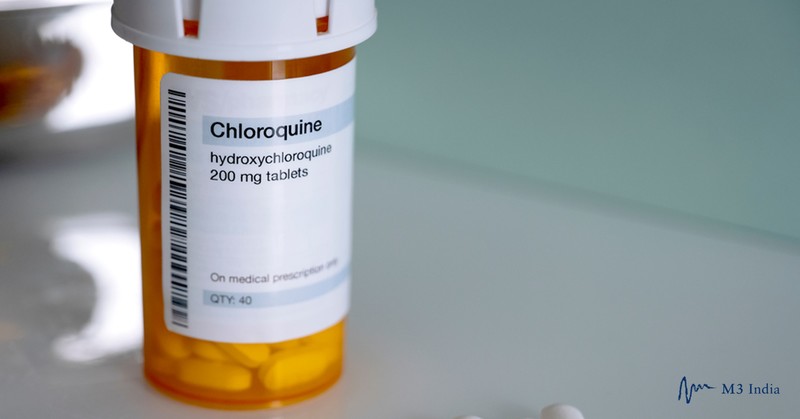A patient who met many of the published safety guidelines for chloroquine therapy against COVID-19 was observed to have a very abnormal ECG pattern after treatment began, leading to multiple episodes of torsade de pointes (TdP), a life-threatening arrhythmia in which the lower chambers of the heart beat out of sync with the upper chambers. Her condition was resolved after chloroquine was discontinued, investigators report in Heart Rhythm, the official journal of the Heart Rhythm Society, the Cardiac Electrophysiology Society, and the Pediatric & Congenital Electrophysiology Society, published by Elsevier.
For our comprehensive coverage and latest updates on COVID-19 click here.

Chloroquine and hydroxychloroquine are commonly used to treat malaria and some rheumatic diseases. Their use as a treatment for COVID-19 has been widely debated in medical journals and the popular press. The authors of this case report present the first description of TdP due to chloroquine treatment in a patient with COVID-19.
Lead investigator Yishay Szekely, MD, Department of Cardiology, Sourasky Tel Aviv Medical Center and Sackler School of Medicine, Tel Aviv University, Tel Aviv, Israel, observes, "On the one hand, these drugs are known to cause prolongation of a specific ECG interval called QT interval. On the other hand, there is no evidence of sudden, unexplained death when they are used to treat malaria. And by the same token, neither the American nor the European rheumatology societies recommend electrocardiographic (ECG) surveillance for patients who receive long-term treatment with hydroxychloroquine."
